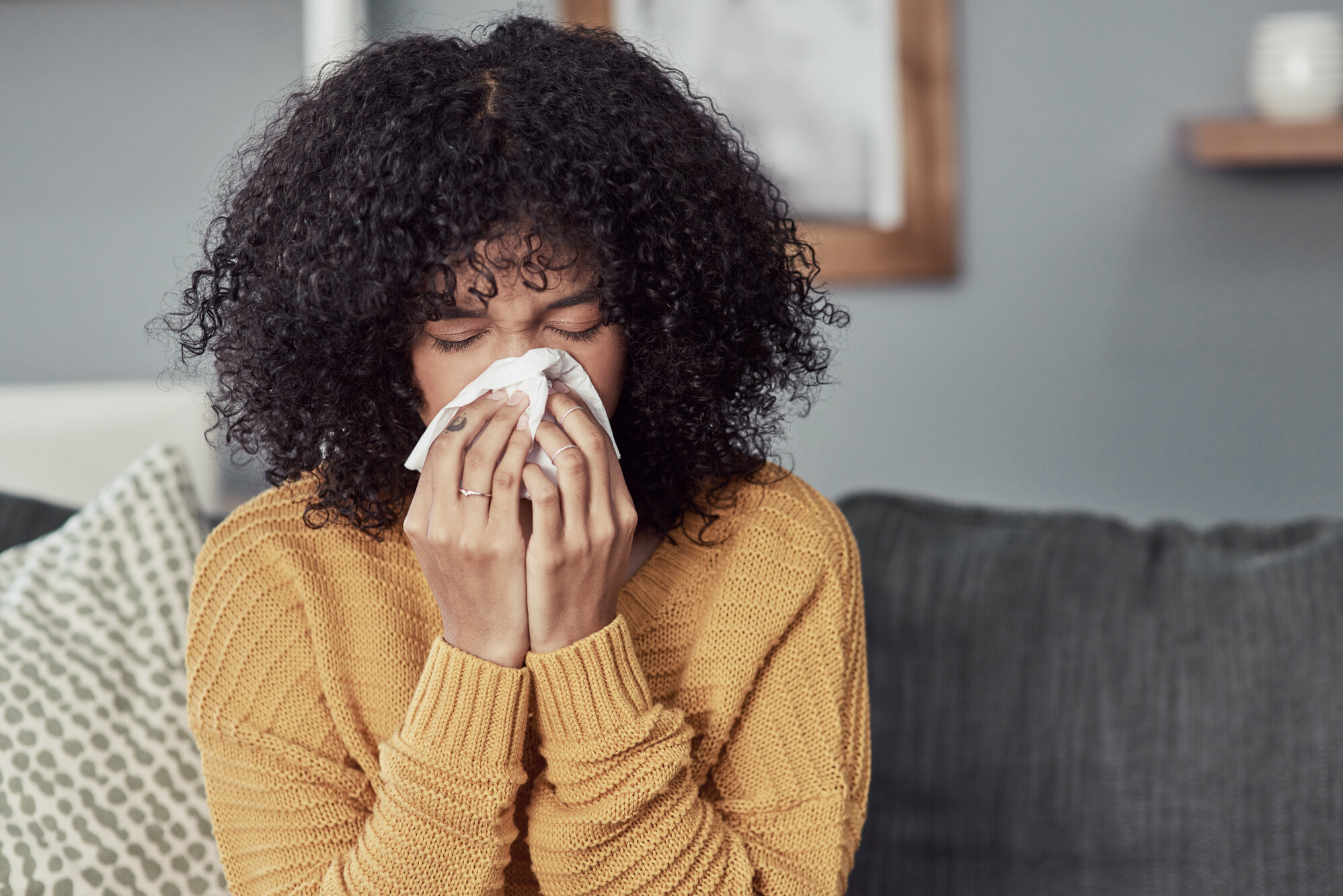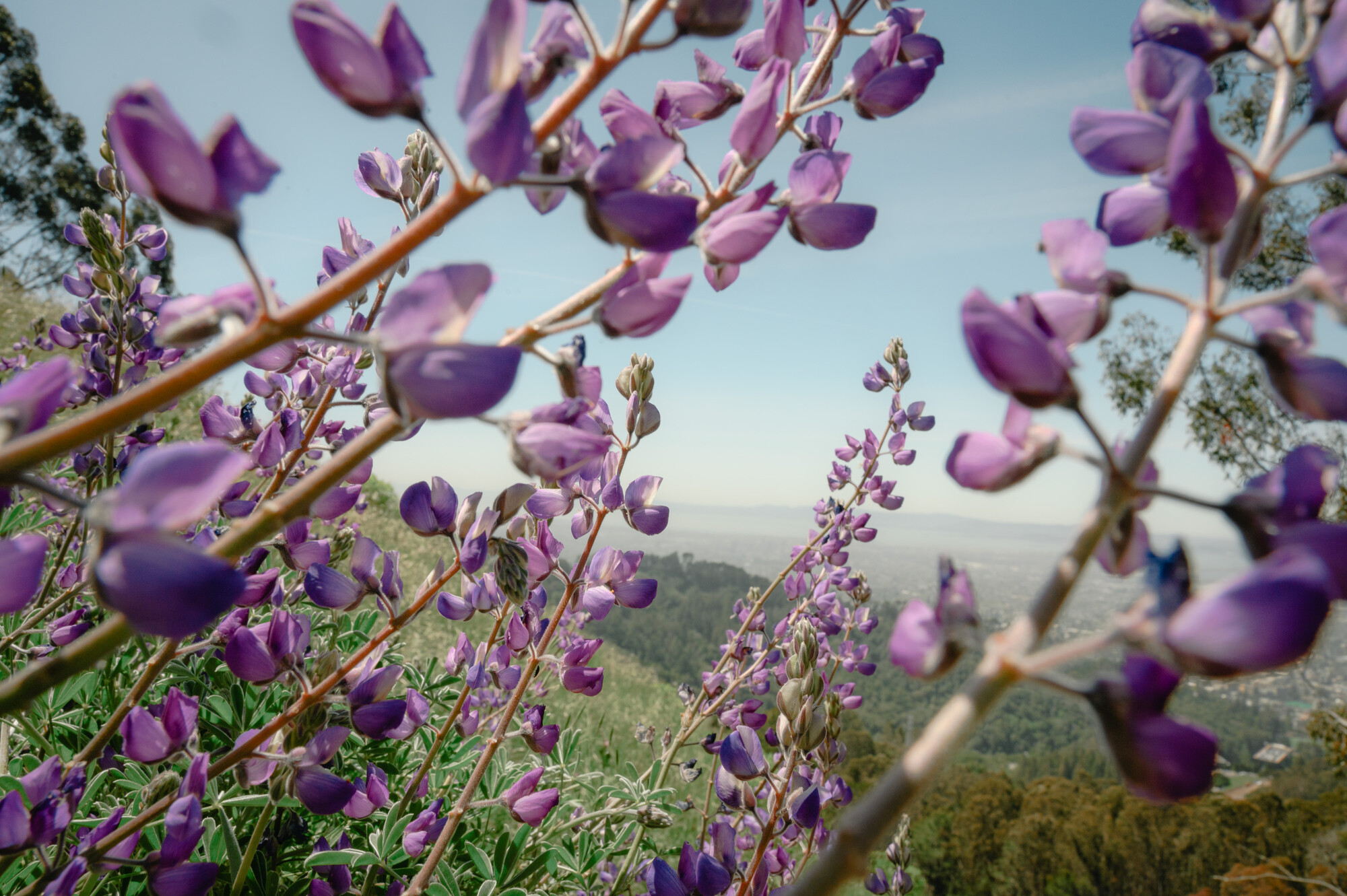Jul 16
Failed to save article
Please try again

Fungal spores, a significant but often overlooked allergy, are now appearing earlier in the year due to climate change.
Wu and her team analyzed nearly 20 years of data from 55 pollen-monitoring stations across the continental U.S. These sites, part of the National Allergy Bureau network, track airborne allergens like pollen and spores. They found that by 2022, the average fungal spore season began 22 days earlier than it did in 2003.
“The fungal spore season across the country from many sites has advanced,” said Kai Zhu, the study’s senior author and an associate professor of sustainability, environment, and ecology at the University of Michigan. “One of the places they were especially strong was actually in California,” said Dan Katz, researcher on the study and assistant professor at Cornell University.
Four out of the five stations monitored in California showed some of the strongest advancements, which were, in some cases, arriving a full month earlier than they had previously, Katz said.
The reason for this, according to Zhu, is California’s Mediterranean climate, which leads to a different spore calendar than the rest of the country. “With higher concentrations in the winter and springtime and lower in the summer. This is different from the other states, other areas where the climate is different,” Zhu said.
 Stems of purple lupine blossom along Grizzly Peak Boulevard in Berkeley, California. (Kori Suzuki/KQED)
Stems of purple lupine blossom along Grizzly Peak Boulevard in Berkeley, California. (Kori Suzuki/KQED)Spore release is influenced by climate conditions like temperature, humidity, and wind, but responses vary by species, according to Zhu. And this shift matters to many people. A 2023 study found that roughly 1 in 5 Americans show sensitivity to fungal allergens after they analyzed clinical samples from more than 1.6 million patients in the U.S. “We know pollen is a big part [of allergy season]and that’s certainly true, but then there are 20% of people who actually suffer from fungal spore allergy,” Zhu said.
“If you’re somebody who has allergies to fungal spores, this is bad news for you because it means a longer period of exposure,” Katz said.
Finding that the allergy season starts 22 days earlier on average is going to raise concerns about how we manage allergies in vulnerable populations, Zhu added.
But the implications of this study go beyond health. The study also examined the fungal spore season through an ecological lens, analyzing when spores begin accumulating in high concentrations. Even by that measure, the season is starting sooner. The ecological spore season — the period when fungal spores are most abundant in the environment — now begins about 11 days earlier than it did in 2003, according to the study.
“The goal of our study is twofold. One is to assess the public health impacts, but on the other hand, we also want to look at the ecological impact,” Zhu said.
And while spores are starting to appear earlier, overall spore counts are actually declining. “The total amount of the fungal spores is actually getting lower. This is related to [a decrease] in rainfall,” Zhu said, adding that this is a very visible fingerprint of climate change.
That decrease in spore count is a concern for ecosystems. Fungi play a crucial role in nature by breaking down organic matter and facilitating the cycling of nutrients through food webs. “They matter for decomposition, nutrient cycling, and plant-fungi interactions,” Zhu added.
This study was inspired by a 2021 study that found climate change to be a major driver of changes in pollen spore seasons, Zhu said. He adds that there is still much to learn.
“I think if we are talking about potential for future studies, I think it will be super interesting to explore the correlation between actual hospital records — people that actually suffer from the allergies — and the change in fungal spore season as we’ve shown here, to understand better the health impacts of the changing environment and human health,” Zhu said.









 English (US) ·
English (US) ·